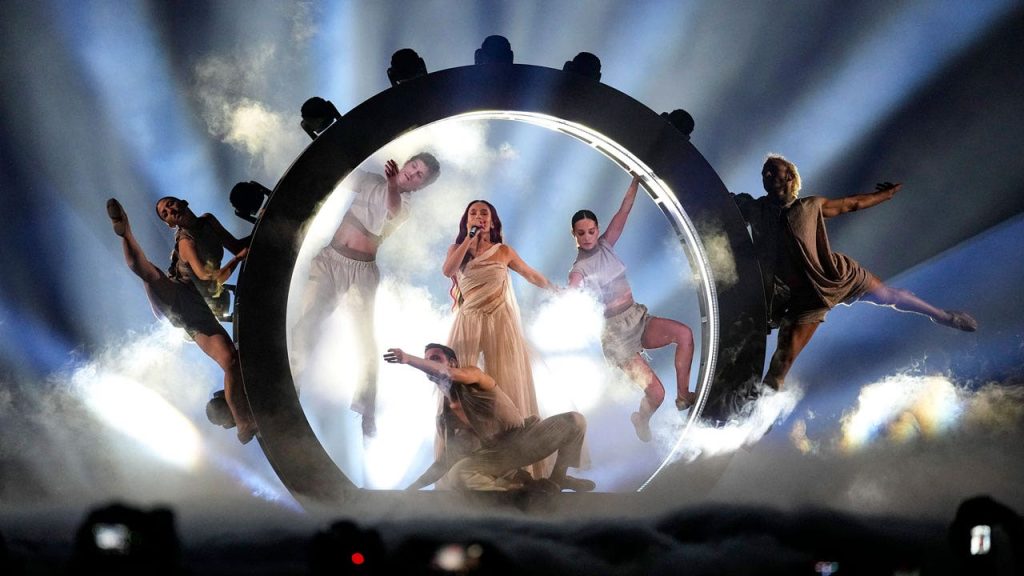The Eurovision Song Contest is a music competition that brings together performers from countries across Europe to compete under their national flags in hopes of being crowned continental champion. It is a celebration of music’s unifying power, but also a place where politics and regional rivalries play out. This year, the contest is being held in the Swedish city of Malmo, where 37 countries are competing for the top spot in Saturday’s final. The show has grown in popularity over the years, attracting a global television audience estimated at 180 million.
Nations can enter a solo act or a band in the contest, with performances ranging in genre and language. The rules stipulate that songs must be sung live and be no longer than three minutes. Staging has become increasingly elaborate, with flashy pyrotechnics and choreography adding to the spectacle. The winner is chosen through a combination of phone and online votes from around the world and rankings by music-industry juries in each Eurovision country. Ending up with zero points is considered a national embarrassment.
The musical styles featured in Eurovision have diversified over the years, ranging from pop and techno to rock, folk-rap, and eccentric, unclassifiable songs. Favorites in this year’s competition include performers like Swiss singer Nemo, Irish artist Bambie Thug, Slovenian singer Raiven, Ukrainian duo Alyona Alyona and Jerry Heil, and Spain’s Nebulosa. Croatian singer Baby Lasagna has gained momentum as a fan favorite with his upbeat and catchy song, “Rim Tim Tagi Dim.”
Despite Eurovision’s motto of being “united by music,” politics often play a role in the competition. In recent years, there have been controversies surrounding the participation of certain countries. This year, calls have been made to exclude Israel due to its conduct in the ongoing conflict with Hamas. Anti-Israel protesters are expected to gather in Malmo during the contest, with demonstrations urging a cease-fire in the Gaza war. The European Broadcasting Union has made efforts to keep politics out of the event, but it sometimes proves challenging.
Despite the controversies, Eurovision remains a popular and entertaining event that showcases the diverse talents of performers from across Europe. As the competition culminates in Saturday’s final, music fans around the world eagerly await to see which act will be crowned the winner. With glitter, glamour, and a touch of political intrigue, the Eurovision Song Contest continues to captivate audiences and bring people together through the power of music.













